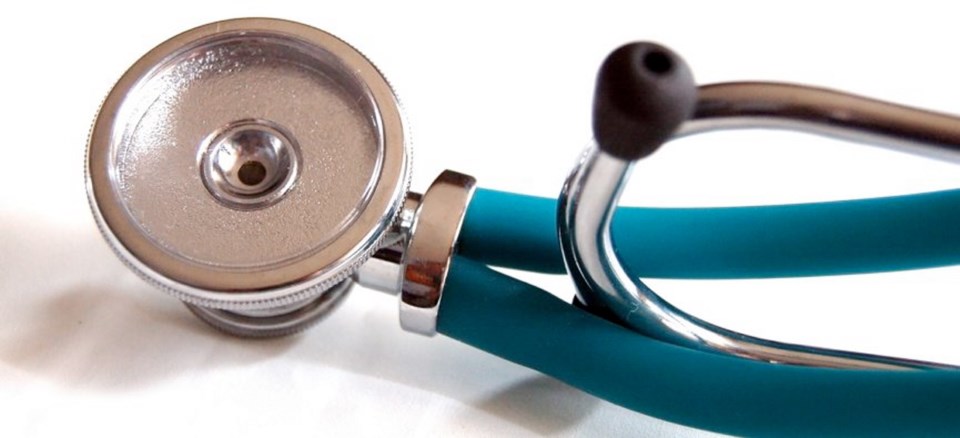How important are new tests to diagnose and treat disease? Or improved surgical techniques, speedier emergency care and doctors specializing in various fields of medicine?
The fact is that all improvements in medical care make life easier for patients and save lives. But a long overdue report from the U.K. shows the family doctor also helps to prolong life.
Sir Denis Pereira Gray, former head of the Royal College of General Practitioners, spear-headed research that analyzed 22 studies. His conclusion, published in the British Medical Journal, claims that a long-term family doctor who knows you inside and out decreases the risk of early death by up to 53 per cent.
So, in this era of heart transplantation, medical advances and drug therapy, the family doctor remains the solid bedrock of patient care.
I admit to some bias. Following my internship, I spent several months as a family doctor while a colleague was recovering from a heart attack. It was a great learning experience as he was always available to discuss difficult cases. I learned he was not only a great observer of human behaviour, but an astute diagnostician. We became life-long friends.
After this experience, I gave this advice to my wife. I told her that if I were acutely ill, and several specialists were debating the best treatment, I wanted this family doctor to make the final decision. I knew he would not agree to questionable treatment, that good sense would prevail, and my life would not be prolonged for no good reason.
During my first year at the Harvard Medical School, I arrived home to find my father critically ill. He had been travelling, complained of abdominal pain and a doctor he consulted failed to suspect appendicitis. A speedy diagnosis by his family doctor on return resulted in immediate surgery to remove a ruptured appendix. This made the difference between life and death.
I’ve never forgotten another case. I had completed a surgical operation and later returned to the recovery area to check on my patient’s condition. I noticed there were several anxious-looking doctors debating about another patient’s breathing following gallbladder surgery.
The surgeon believed the patient had a pulmonary obstruction and required an emergency tracheotomy to save his life. An ear-nose-and-throat specialist was also asked for an opinion. He agreed this procedure was urgent.
As the patient was being moved to the operating room, his family doctor appeared on the scene, and was told of their decision. He too listened to the patient’s breathing, then looked at the specialists and remarked: “I’ve known George for 40 years and he’s always breathed this way.” The surgery was quickly cancelled.
A family doctor can also save patients from questionable and potentially dangerous tests. Today, many patients do not realize that one CT scan exposes them to the same amount of radiation as 500 routine X-rays of the lungs or 1,000 dental X-rays.
For instance, in 1980 three million CT scans were done in the U.S. Today it’s more than 80 million. Experts claim that one-third of these scans have very little medical value. A family doctor may decide that an ultrasound or MRI will provide the same information without any exposure to radiation. Today, radiation is not a minor problem.
Even radiation specialists believe some patients develop malignancies later in life from excessive radiation. A long-term family doctor, who has a record of the patient’s radiation exposure, is more aware of this possibility than a physician in a walk-in centre who knows little of the patient’s past medical history.
Consider what happens when serious illness strikes and a specialist’s care is essential. This is when, as on many other occasions, family doctors become vital.
Now you want the best of care and hopefully another compassionate physician. The trusted family doctor is the best person to direct patients to it.
Add it all up and long-term family doctors are worth their weight in gold. They work long hours and rarely receive the praise they deserve.
I will be eternally grateful to the family doctor who saved my father’s life. And George will never know how close he was to a needless operation.

